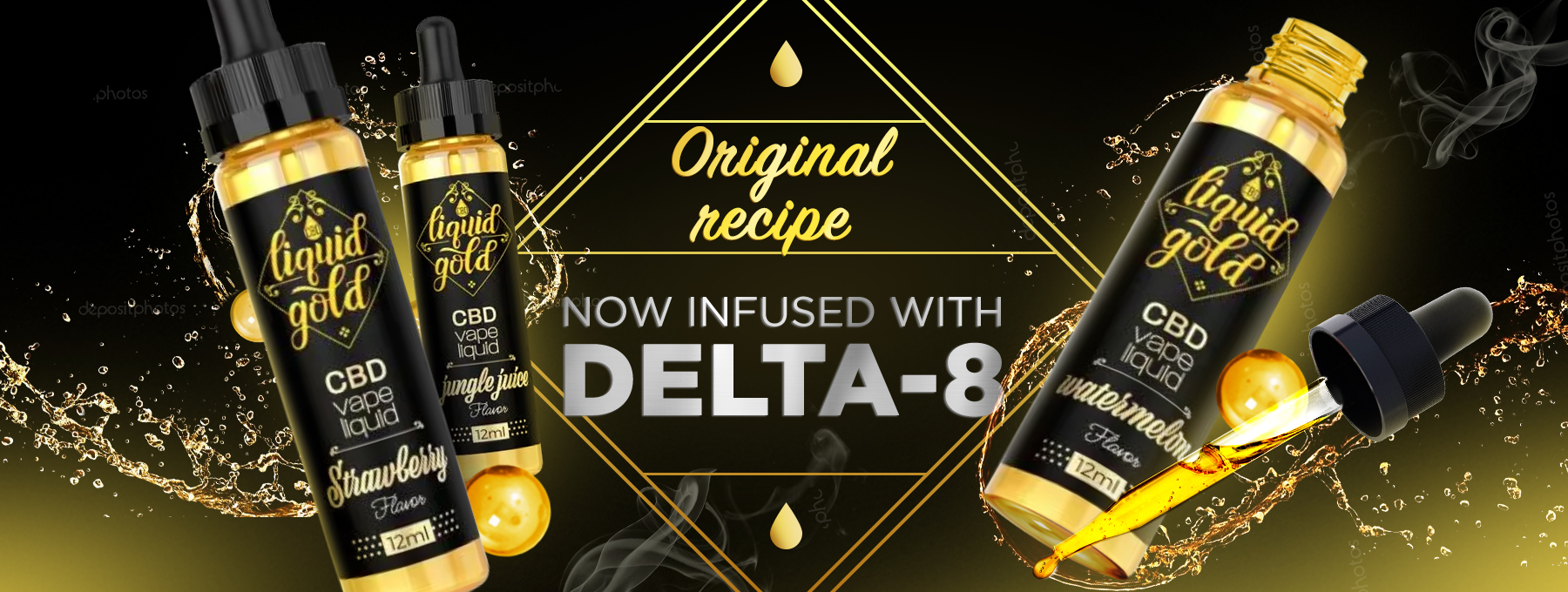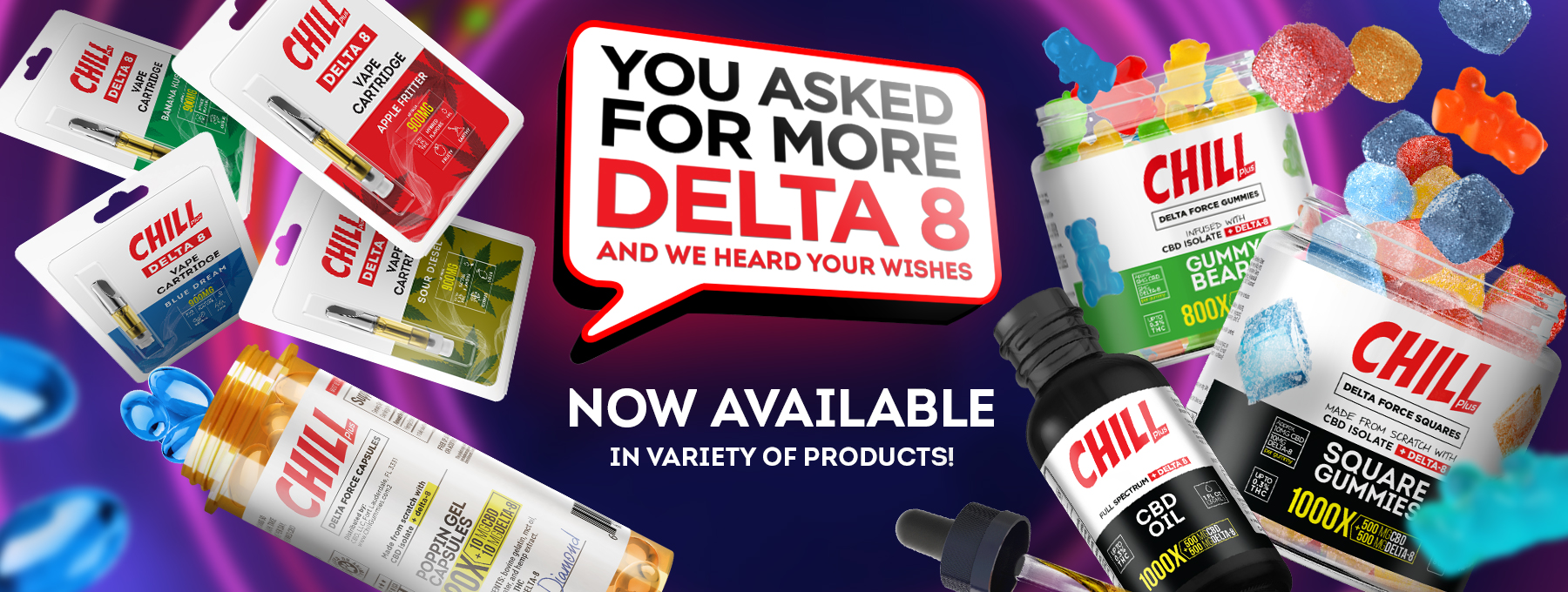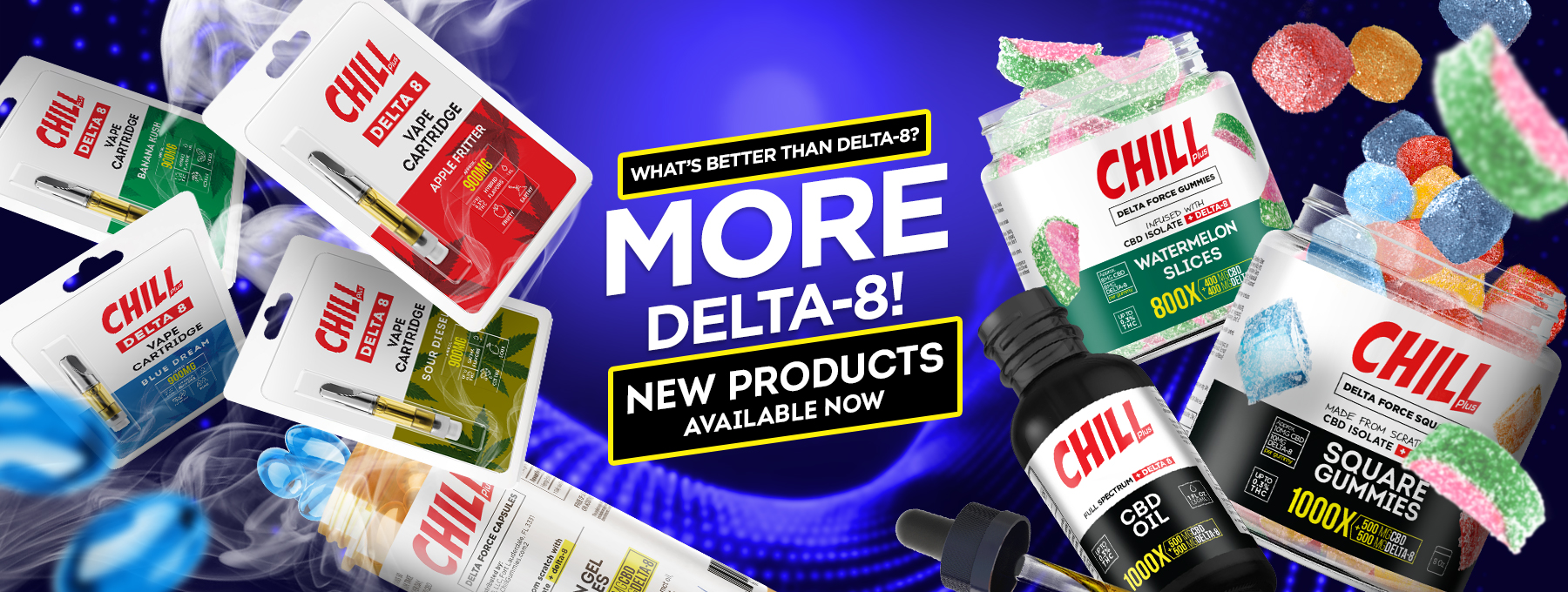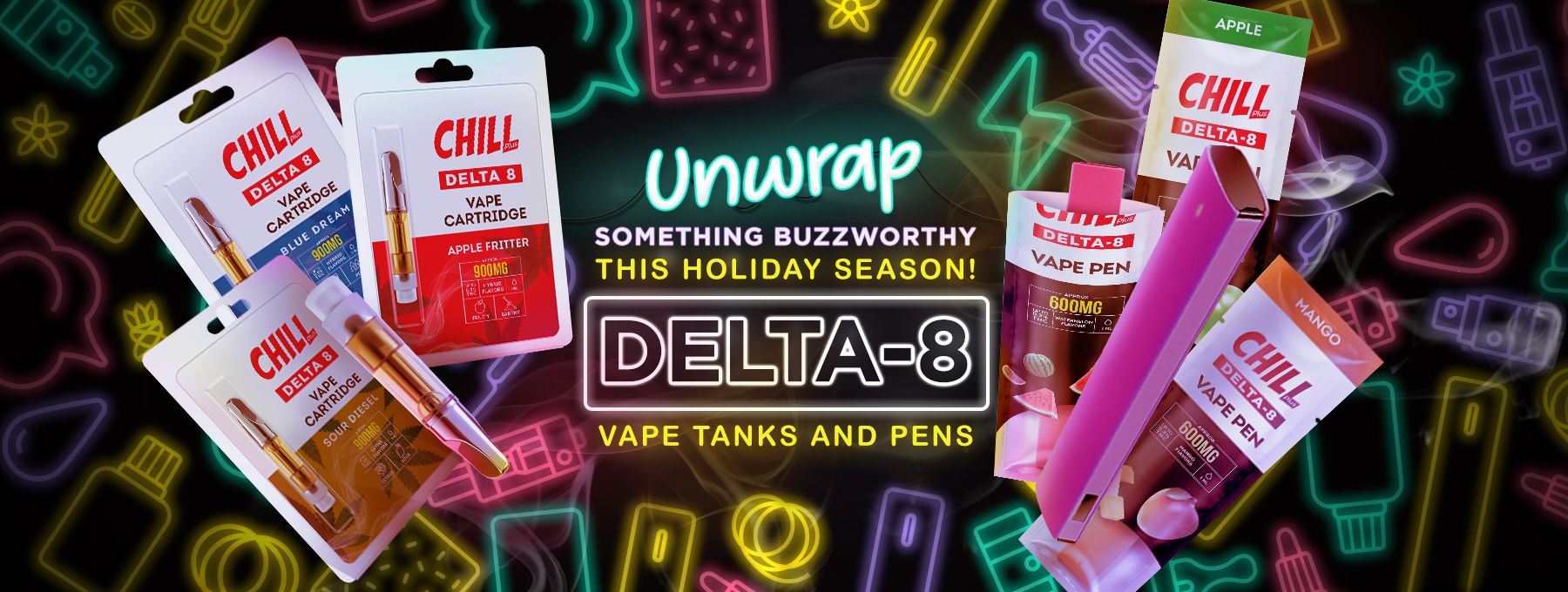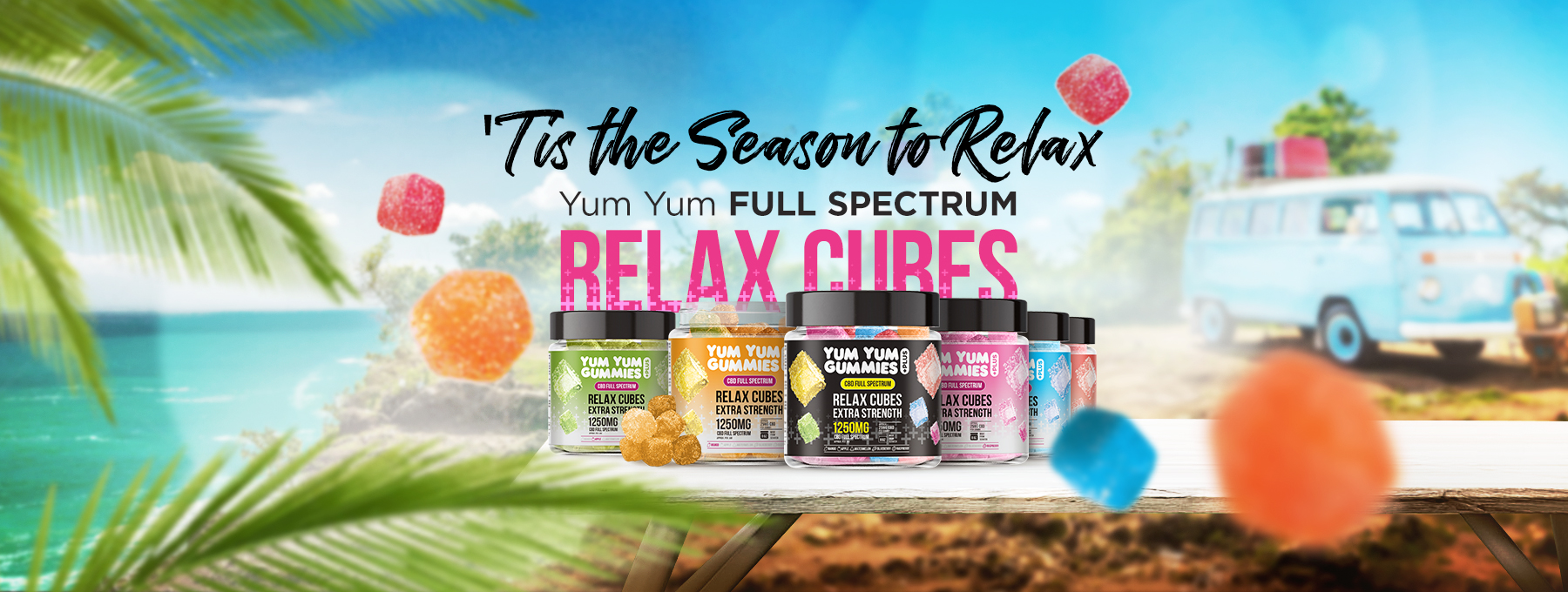Understanding CBD and Anxiety
CBD, short for cannabidiol, has gained significant attention in recent years for its potential therapeutic properties, including its reputed ability to alleviate anxiety. However, a question that often arises is whether CBD can actually trigger anxiety in some individuals. To explore this question, we need to consider various factors such as the nature of CBD, its interactions with other compounds, individual differences, and the current state of research.
Explanation of CBD (cannabidiol) and its origins
CBD is a natural compound derived from the cannabis plant, specifically from hemp. Unlike its counterpart THC, CBD is non-psychoactive, meaning it doesn’t induce a “high.” Instead, CBD is believed to interact with the body’s endocannabinoid system, which plays a role in regulating various physiological processes, including stress and anxiety responses.
Potential benefits of CBD for anxiety relief
Numerous anecdotal reports and some studies suggest that CBD may have anxiolytic (anti-anxiety) effects. It’s thought to interact with serotonin receptors, which are linked to mood regulation. This interaction may contribute to the potential calming and anxiety-reducing effects of CBD.
Existing research on CBD’s anxiolytic effects
While there is promising preliminary research on CBD’s potential to reduce anxiety, the current body of evidence is not yet sufficient to draw definitive conclusions. Limited clinical trials and a lack of standardized dosing make it challenging to determine the full extent of CBD’s efficacy for anxiety relief.
The Relationship Between THC and Anxiety
Introduction to THC (tetrahydrocannabinol) and its psychoactive properties
THC is another prominent cannabinoid found in cannabis. It is responsible for the psychoactive effects associated with cannabis use, including the feeling of being “high.” While some individuals may find THC pleasurable, others might experience heightened anxiety, paranoia, or even panic attacks.
The Entourage effect: Interaction between CBD and THC
The entourage effect refers to the idea that different cannabinoids and compounds in the cannabis plant work synergistically to produce various effects. CBD is believed to modulate some of the potentially anxiety-inducing effects of THC. This interaction could potentially mitigate THC-induced anxiety.
Scientific perspectives on THC-induced anxiety
Research suggests that THC’s psychoactive effects can indeed lead to anxiety in some individuals, particularly in high doses or for those sensitive to its effects. THC’s impact on anxiety can vary based on factors such as the strain of cannabis, the user’s tolerance, and the individual’s psychological makeup.
Factors That Influence Anxiety Reactions
Personal biochemistry and genetic predispositions
Individual reactions to CBD and THC are influenced by genetics, as well as the unique biochemistry of each person. Some individuals may be more prone to anxiety-related responses due to their genetic makeup.
Dosage and consumption methods of CBD flower
The dosage and method of consuming CBD flower play a crucial role in its effects. High doses of CBD might not necessarily trigger anxiety, but they could lead to sedation or other undesired effects. Inhalation methods (smoking or vaping) have a faster onset but may also be associated with more immediate effects.
Quality and sourcing of CBD products
The quality and sourcing of CBD products are critical factors. Poorly manufactured or mislabeled products could potentially contain higher levels of THC, which might lead to anxiety in sensitive individuals. It’s essential to choose reputable brands that provide third-party lab testing and clearly list their cannabinoid profiles.
Case Studies: CBD Flower and Anxiety
Brief overview of real-life cases and experiences
Case studies provide insights into how individuals have responded to CBD flower in terms of anxiety. These cases reflect the diversity of experiences and highlight the complexity of the CBD-anxiety relationship.
Positive outcomes and anxiety symptom reduction
Many individuals report positive experiences with CBD flower, describing reduced anxiety symptoms and a greater sense of calmness. These positive outcomes align with the anxiolytic potential of CBD.
Instances of reported anxiety escalation
On the other hand, some individuals have reported instances where CBD flower use seemed to exacerbate their anxiety symptoms. These cases emphasize the need for personalized approaches and cautious experimentation when using CBD.
What are the side effects of using CBD Flower?
Using CBD flowers can potentially result in several side effects, although they are generally mild and well-tolerated. It’s important to note that individual responses can vary, and some individuals may experience no side effects at all. If you’re considering using CBD flower, it’s a good idea to start with a low dose and monitor how your body reacts. Here are some possible side effects of using CBD flower:

- Dry Mouth: Also known as “cottonmouth,” this is a common side effect of CBD use. CBD can temporarily reduce saliva production, leading to a sensation of dryness in the mouth.
- Dizziness: Some users may experience mild dizziness or lightheadedness, particularly when taking high doses of CBD. This effect is often temporary and subsides as the CBD’s effects wear off.
- Changes in Appetite: CBD can sometimes affect appetite. While some users report an increase in appetite (the “munchies” effect), others may experience a decrease in appetite.
- Drowsiness: CBD’s calming effects can sometimes lead to drowsiness or a feeling of relaxation. This can be beneficial for individuals seeking to manage stress or sleep disorders, but it’s important to avoid activities that require full alertness if you feel drowsy.
- Digestive Issues: In some cases, CBD can cause mild digestive issues such as nausea or diarrhea. These effects are generally rare and more likely to occur with higher doses.
- Changes in Blood Pressure: CBD may cause a temporary drop in blood pressure, which can lead to feelings of lightheadedness or faintness. This effect is more likely to occur at higher doses.
- Interaction with Medications: CBD can potentially interact with certain medications. It can affect the way your body processes medications in the liver, which may lead to altered effects or unwanted side effects. It’s important to consult a healthcare professional if you’re taking prescription medications before using CBD.
- Psychological Effects: While CBD is not psychoactive like THC, in some sensitive individuals or at high doses, it might cause changes in mood or cognition. These effects are usually mild and transient.
- Allergic Reactions: Although rare, some individuals may be allergic to compounds found in CBD flower. If you experience signs of an allergic reaction, such as rash, itching, or difficulty breathing, discontinue use and seek medical attention.
- Impact on Liver Enzymes: Some studies suggest that high doses of CBD could impact liver enzymes, potentially affecting the metabolism of certain medications. Individuals with liver conditions should be particularly cautious.
- It’s important to keep in mind that the quality and source of the CBD flower can also play a role in the likelihood and severity of side effects. Choosing reputable products from reliable sources that provide third-party lab testing can help mitigate potential risks.
If you experience any severe or persistent side effects, it’s recommended to discontinue use and consult a healthcare professional. Overall, while CBD flower is generally considered safe, it’s advisable to approach its use with caution and under the guidance of a medical professional, especially if you have pre-existing health conditions or are taking other medications.
Why do you experience withdrawal effects of using CBD Flower?
Withdrawal effects from using CBD flowers are generally rare and tend to be less severe compared to substances that have a high potential for addiction. However, some individuals might experience mild discomfort when they discontinue regular use of CBD flower, especially if they have been using it consistently and at high doses. It’s important to note that withdrawal effects from CBD are not as well-studied or understood as withdrawal effects from substances like nicotine or opioids.

The potential for withdrawal effects from CBD flower is primarily related to its interaction with the body’s endocannabinoid system, which plays a role in regulating various physiological processes, including mood, pain perception, and sleep. When you use CBD regularly, your body adjusts to its presence, and abrupt discontinuation can lead to temporary changes in the endocannabinoid system, potentially causing some mild withdrawal-like symptoms. Here are some possible reasons why withdrawal effects might occur:
- Receptor Adaptation: Regular use of CBD can lead to adaptations in the endocannabinoid receptors. When you stop using CBD, these receptors might take some time to readjust to their normal state, which could contribute to mild discomfort.
- Endocannabinoid Imbalance: CBD is believed to modulate the endocannabinoid system to maintain balance (homeostasis). Discontinuing CBD use might temporarily disrupt this balance, leading to mild mood changes or other effects.
- Anxiety and Sleep Changes: Some individuals use CBD to manage anxiety or improve sleep. When they stop using it, they might experience a temporary return of anxiety symptoms or changes in sleep patterns.
- Pain or Discomfort: CBD has been used by some individuals to manage pain or discomfort. When they stop using it, they might experience a return of these sensations.
- Individual Differences: Everyone’s body is different, and individual responses to CBD can vary. Some individuals might be more sensitive to changes in CBD usage and could potentially experience mild withdrawal-like symptoms.
It’s important to emphasize that withdrawal effects from CBD are typically mild and transient. They might include symptoms like irritability, mood changes, mild anxiety, sleep disturbances, or changes in appetite. These effects are not the same as the severe withdrawal symptoms associated with addictive substances.
To minimize the potential for withdrawal effects, it’s advisable to use CBD flower responsibly and not rely on it as the sole solution for managing symptoms. If you’re considering discontinuing CBD flower, it’s a good idea to gradually reduce your dosage rather than stopping abruptly. If you experience any concerning or persistent symptoms, it’s recommended to consult a healthcare professional for guidance.
Addressing the Lack of Comprehensive Research
Challenges in conducting CBD research
CBD research faces various challenges, including legal and regulatory hurdles, limited funding, and the stigma associated with cannabis. These challenges have slowed down the pace of rigorous scientific investigation.
The need for controlled studies on CBD and anxiety
While some studies hint at CBD’s potential benefits for anxiety, more controlled clinical trials are needed to establish its efficacy and safety. Controlled studies allow researchers to assess the effects of CBD compared to placebos or other treatments.
The current state of CBD research and its limitations
As of now, the research landscape is characterized by a mix of animal studies, small-scale clinical trials, and a wealth of anecdotal evidence. This leaves gaps in our understanding of how CBD flower affects anxiety in various contexts.
Best Practices for Using CBD Flower Responsibly
Start low and go slow: Finding the right dosage
When using CBD flower, it’s recommended to start with a low dosage and gradually increase it until the desired effects are achieved. This approach helps mitigate the risk of unwanted side effects, including anxiety.

Choosing reputable CBD products from reliable sources
To ensure the quality and safety of CBD flowers, it’s essential to purchase products from reputable and transparent sources. Look for products that have been tested by third-party laboratories to verify their cannabinoid content and absence of contaminants.
Consulting with a healthcare professional before use
Individuals with pre-existing medical conditions or those taking medications should consult a healthcare professional before using CBD flower. This step is particularly important to avoid potential interactions and adverse effects.
Conclusion
In conclusion, the relationship between CBD flower and anxiety is a complex and multifaceted one. While CBD shows promise as a potential anxiety-relieving compound, the evidence is still evolving. Factors such as individual differences, dosages, consumption methods, and the interaction between CBD and THC all contribute to the varied responses people experience.
Navigating the world of CBD flowers requires an informed and cautious approach. As you explore the potential benefits of CBD for anxiety relief, it’s crucial to acknowledge the lack of comprehensive research and the need for more rigorous studies. By starting with low dosages, choosing reliable products, and seeking medical guidance, you can make more informed decisions about incorporating CBD flower into your wellness routine.
If you’re seeking high-quality CBD products backed by transparency and expertise, I encourage you to explore Leaf Alleviate. Their range of carefully crafted CBD offerings is designed to meet various needs while prioritizing your well-being. To delve deeper into their offerings and understand how their products can fit into your wellness journey, I invite you to visit their website and discover the possibilities that Leaf Alleviate has to offer.
FAQs
Q: Can CBD completely eliminate anxiety?
While CBD has shown promise in reducing anxiety symptoms for some individuals, it’s important to note that it might not completely eliminate anxiety for everyone. The effects of CBD can vary widely depending on factors such as the individual’s biology, the severity of their anxiety, and the specific circumstances triggering anxiety.
Q: Is there a specific CBD: THC ratio to avoid anxiety?
Finding the right CBD: THC ratio is not a one-size-fits-all solution for anxiety. Some individuals might benefit from higher CBD ratios to potentially counteract THC-induced anxiety, while others might tolerate a balanced ratio. It’s advisable to experiment under the guidance of a healthcare professional to determine the ratio that suits your needs.
Q: Can I use CBD flower for anxiety if I have a history of anxiety disorders?
Individuals with a history of anxiety disorders should exercise caution when using CBD flower. While CBD’s anxiolytic potential is intriguing, it’s important to consult a healthcare professional before incorporating it into your routine, especially if you’re already managing an anxiety disorder.
Q: Are there non-inhalation methods of consuming CBD flowers?
Yes, there are alternative methods of consuming CBD flowers that do not involve inhalation. These include CBD-infused edibles, tinctures, capsules, and topical products. Each method has its own onset time and duration of effects, so you can choose the one that aligns with your preferences.
Q: Is it safe to combine CBD flowers with prescription medications?
Combining CBD flowers with prescription medications can potentially lead to interactions. CBD can affect the metabolism of certain medications in the liver, potentially altering their effectiveness or causing unwanted side effects. It’s essential to consult a healthcare professional before combining CBD flower with any prescribed medications to ensure your safety.










